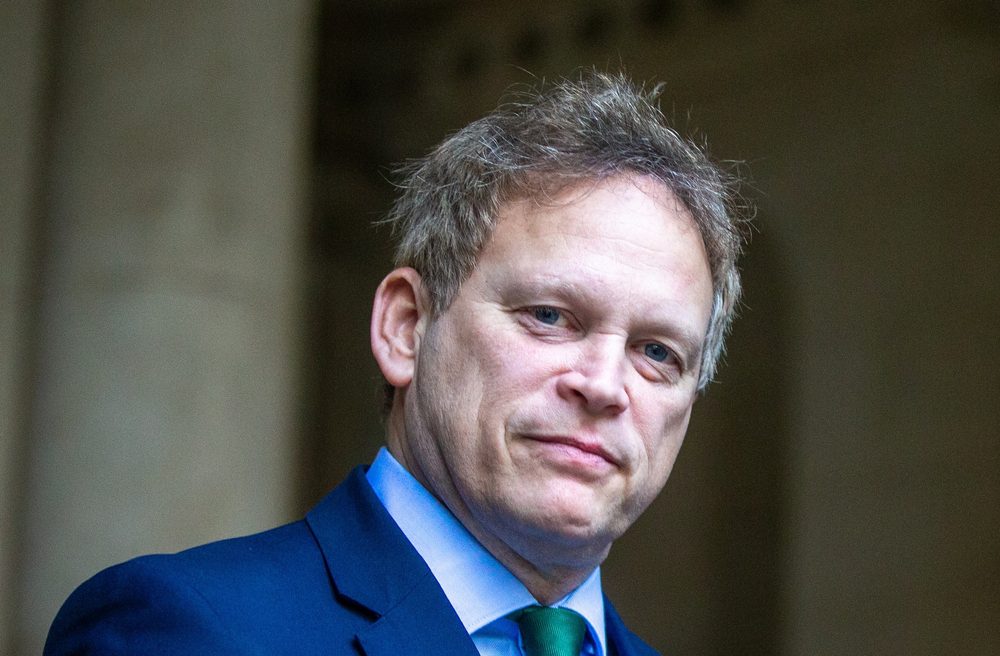
UK Secretary of State for Energy Security and Net Zero Grant Shapps
Early editions of The Daily Telegraph on Saturday, June 24th, were splashed with the news that British households would be spared a levy on their energy bills, costing around £120, that would otherwise have contributed to the drive to net zero. Tory Energy Security Secretary Grant Shapps told the paper that “I don’t want to see people’s household bills unnecessarily bashed by this.” The money, which was supposed to help fund the hydrogen industry, would still need to come from somewhere, and prices were still likely to rise, though perhaps less directly. But the minister appeared to take the view that these issues would be worked out and Britons would be at least a little better off.
Except they won’t.
Just one day later, the same paper on Sunday, June 25th, reported that the same Tory government will hit households with a £170 green levy. Perhaps Britons can hope to be just £50 worse off, at best.
The levy, which is reported to go towards the installation of home insulation and wind farm contracts, was shifted from consumer bill payments to general taxation in the autumn of 2022. This was supposed to relieve Britons of paying directly for the levy through electric bills for two years. But the suspension of direct consumer bills will now come to an end in July, after just nine months.
A treasury source said this was “not an active decision of this administration” and rather the result of subsidies from the Energy Price Guarantee coming to an end.
Either way, the existence of the levy, which costs the taxpayer whether it is funded by household bills or general taxation, is a result of the Tory government’s plan to reach carbon net zero, prompting heavy criticism from campaign groups.
The Bruges Group think tank commented in a post on Twitter that
The government is prioritising its quasi-religious, wrongheaded pursuit of net zero over the money in your pocket.
This agenda is not conservative, and not worthy of support at the ballot box.
Reform party leader Richard Tice added that this was simply “another Sunak Tory lie.”
